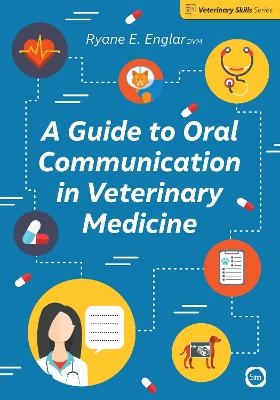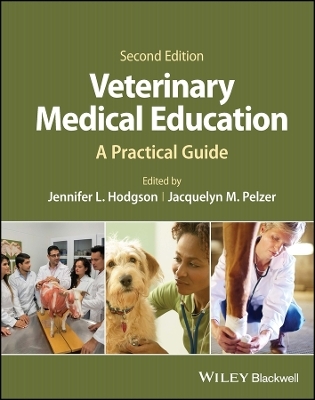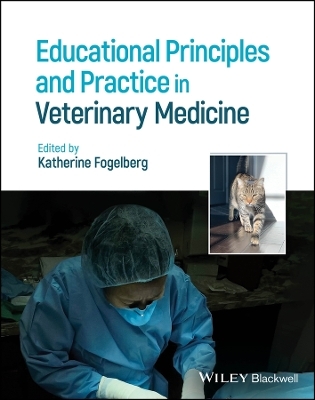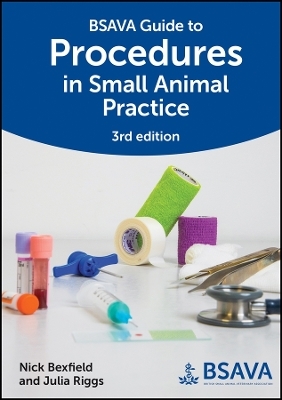
A Guide to Oral Communication in Veterinary Medicine
5M Books Ltd (Verlag)
978-1-78918-095-4 (ISBN)
Good communication skills provide better clinical outcomes and help avoid minor as well as major mistakes. Approximately 60-80% of negligence claims against vets are related to poor communication, with new graduates especially vulnerable. Communication skills are a growing part of the curriculum in veterinary schools, recognising how fundamental clear communication is to good practice.
A Guide to Oral Communication in Veterinary Medicine covers why communication skills are important, the structure of typical communications and suggested approaches, veterinary specific communication pathways and sample scripts between vet and client. Scenarios covered include everyday communication, dealing with challenging situations, different species, different settings, and communication within the veterinary team. The aim is to instil confidence and competence, build professionalism and avoid problems.
Most current teaching is based on a toolbox approach developed from the human medicine model. However, there is no set standard for teaching methodology which is why this is primarily a book for students but also includes a section for educators to provide guidance in this nascent subject.
Ryane E. Englar is Clinical Assistant Professor and Clinical Education Coordinator at the Clinical Skills Kansas State University.
1 What Do Our Clients Understand?
2 How Can We Help Our Clients to Understand?
3 How Can We Structure the Consultation from the Vantage Point of Clinical Communication?
4 First Impressions
5 Reflective Listening
6 Empathy
7 Nonverbal Cues
8 Open-Ended Questions and Statements
9 Reducing Medical Jargon
10 Enhancing Relationship-Centered Care through Partnership
11 Eliciting the Client's Perspective to Enhance Relationship-Centered Care
12 Asking Permission to Enhance Relationship-Centered Care
13 Enhancing Relationship-Centered Care by Assessing the Client's Knowledge
14 Mapping Out the Clinical Consultation
15 Summarizing and Checking in with the Client
16 Contracting for Next Steps
17 Agenda-Setting and the Final "Check-In"
18 Defining Two New Skills that Companion-Animal Clients Value
19 Using Communication Skills to Initiate the Consultation
20 History Taking
21 Explaining and Planning
22 End-of-Chapter Reading Comprehension Questions
23 Workbook-Style Exercises
| Erscheinungsdatum | 01.07.2020 |
|---|---|
| Reihe/Serie | Veterinary Skills |
| Sprache | englisch |
| Maße | 172 x 246 mm |
| Gewicht | 917 g |
| Themenwelt | Veterinärmedizin |
| ISBN-10 | 1-78918-095-3 / 1789180953 |
| ISBN-13 | 978-1-78918-095-4 / 9781789180954 |
| Zustand | Neuware |
| Informationen gemäß Produktsicherheitsverordnung (GPSR) | |
| Haben Sie eine Frage zum Produkt? |
aus dem Bereich


